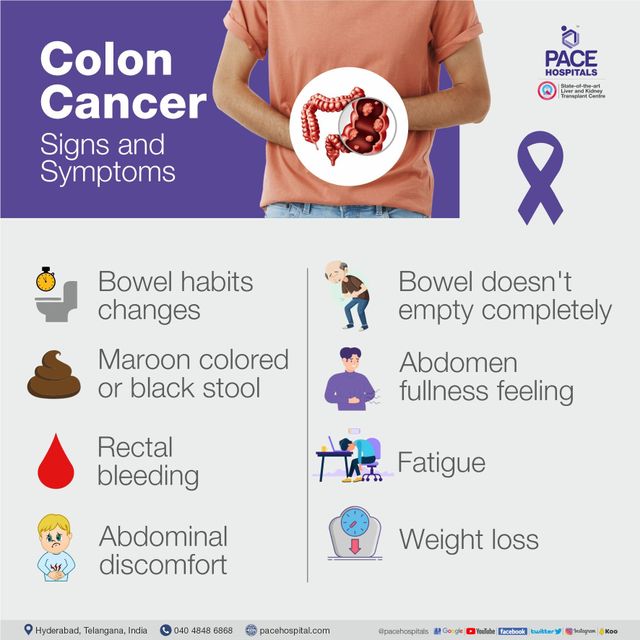
Understanding Colon Cancer: Causes, Symptoms, and Treatment Options
Introduction
Colon cancer, also known as colorectal cancer, is a prevalent form of cancer that affects the large intestine or rectum. It is one of the leading causes of cancer-related deaths worldwide. Early understanding, detection, and treatment of colon cancer are crucial for increasing survival rates and improving overall prognosis. In this article, we will delve into the causes, symptoms, and various treatment options available for colon cancer.
Causes
Several factors are known to increase the risk of developing colon cancer. One of the primary causes is age, as the majority of cases occur in individuals above the age of 50. Moreover, genetic predisposition plays a significant role in certain hereditary conditions like familial adenomatous polyposis (FAP) and Lynch syndrome.
A sedentary lifestyle, coupled with a diet high in processed foods, red meat, and low in fiber, can also increase the risk of colon cancer. Obesity, smoking, excessive alcohol consumption, and certain medical conditions such as inflammatory bowel disease (IBD) or diabetes, are additional risk factors.
Symptoms
Colon cancer often presents with nonspecific symptoms, which can vary depending on the location and stage of the cancer. One of the most common symptoms is the presence of blood in the stool, either as visible blood or dark, tarry stools. Changes in bowel habits, such as persistent constipation or diarrhea, inexplicable weight loss, abdominal pain or cramps, fatigue, and anemia, may also occur.
Early detection is crucial for increasing survival chances. It is essential to take note of any persistent symptoms and promptly consult a healthcare professional for further evaluation.
Diagnosis
Various diagnostic methods are employed to confirm the presence of colon cancer. The gold standard for detection is a colonoscopy, where a flexible tube with a camera is used to examine the lining of the colon and rectum. This allows for the detection of polyps or abnormal tissue growth that may indicate cancer.
Other diagnostic tests include stool tests that detect the presence of occult blood or abnormal DNA, virtual colonoscopy (CT scan of the colon), and sigmoidoscopy (similar to colonoscopy but limited to the lower portion of the colon).
Treatment Options
The treatment plan for colon cancer depends on the stage, location, and overall health of the individual. The primary treatment options include surgery, chemotherapy, radiation therapy, and targeted therapy.
Surgery is often the first step in the treatment of colon cancer. It involves the removal of the cancerous tumor along with surrounding healthy tissue. The extent of surgery may vary, from minimally invasive procedures like laparoscopic colectomy to more extensive surgeries like total colectomy. In some cases, a colostomy or ileostomy may be necessary.
Chemotherapy is commonly used after surgery, as it helps destroy cancer cells that may have spread beyond the colon. It may also be administered before surgery to shrink the tumor and improve the chances of successful surgery.
Radiation therapy utilizes high-energy X-rays or other forms of radiation to kill cancer cells or prevent their growth. It is commonly used in combination with surgery and/or chemotherapy to increase effectiveness.
Targeted therapy uses drugs that specifically target cancer cells, reducing damage to healthy cells. These drugs block specific proteins or receptors that play a role in the growth and spread of cancer cells. Targeted therapy is often utilized in combination with other forms of treatment.
Conclusion
Colon cancer is a significant health concern, both in terms of morbidity and mortality. Understanding the causes, symptoms, and available treatment options is essential in order to increase the chances of early detection and successful treatment. Regular screenings, adopting a healthy lifestyle, and consulting a healthcare professional for any persistent symptoms are key steps in preventing and managing colon cancer.












